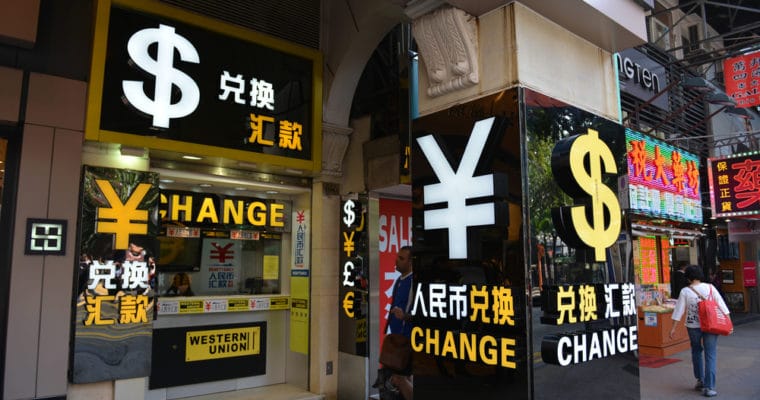Cryptocurrency
Western Union Hints At Using Cryptocurrency In Its Services

 American based financial service Western Union is finally ready for cryptocurrencies. In a video interview with Reuters Plus, Western Union President Odilon Almeida said the company has been evaluating the use of cryptocurrency. They are also exploring how they can improve their service delivery using blockchain technology. Western Union is interested in adopting cryptocurrencies as an option for users to exchange for fiat currencies. However, Almeida said the move would only see the light of day if it connects with a global audience.
American based financial service Western Union is finally ready for cryptocurrencies. In a video interview with Reuters Plus, Western Union President Odilon Almeida said the company has been evaluating the use of cryptocurrency. They are also exploring how they can improve their service delivery using blockchain technology. Western Union is interested in adopting cryptocurrencies as an option for users to exchange for fiat currencies. However, Almeida said the move would only see the light of day if it connects with a global audience.
Almeida also touched on some of the limitations of cryptocurrencies and why they haven’t achieved mainstream adoption. He listed volatility, governance, and compliance, as the three stumbling blocks against its growth. Stablecoins are actively working toward solving the problem of volatility in crypto markets. Almeida said:
Western Union is ready today to adopt any kind of currency. We already operate with 130 currencies. If we one day feel like it’s the right strategy to introduce cryptocurrencies to our platform, technology-wise it’s just one more currency. I think cryptocurrency may become one more option of currency, or assets, around the globe to be exchanged between people and businesses. If that happens, we will be ready to launch.
Recall that Western Union ran a blockchain trial with Ripple in June 2018, where company CEO Hikmet Ersek argued that the global money transfer juggernaut didn’t get any cost savings from the trial that could make a case for integrating Ripple into its system for cross-border payments.
“We are always criticized that Western Union is not cost-efficient, blah blah blah, but we did not see that part of the efficiency yet during our tests. The practical matter is it’s still too expensive,” Ersek told Fortune, in an interview.
Ripple’s senior vice president of product Asheesh Birla said it was impossible for Western Union to see any cost savings benefits after making ten transactions using XRP.
If they were to move volume at scale, then maybe you would see something, but with 10, it’s not surprising that they do not see cost savings. They do millions of transactions a month, and I’m not surprised that with ten transactions it didn’t have earth-shattering results.
Almeida said he remains optimistic about the prospects of leveraging Ripple for cross-border payments, even though the tests have been on-going for a while
“Our pilot with Ripple goes into the same space. It’s about learning. We are looking at blockchain technology and really seeing if it can make us more efficient,” he explained in the video.
Featured image from Shutterstock. Almeida photo from LinkedIn.
















